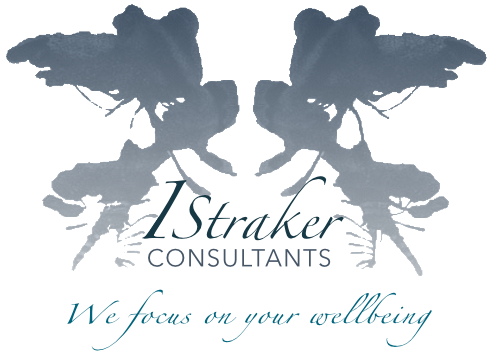What is Autism?
Autism spectrum disorder (ASD) is typically a life-long condition, though early diagnosis and treatment can make a tremendous difference. Common symptoms of autism in adults include: Difficulty interpreting what others are thinking or feeling. Trouble interpreting facial expressions, body language, or social cues.
Autism is not an illness
Being autistic does not mean you have an illness or disease. It means your brain works in a different way from other people.
It's something you're born with. Signs of autism might be noticed when you're very young, or not until you're older.
If you're autistic, you're autistic your whole life.
Autism is not a medical condition with treatments or a "cure". But some people need support to help them with certain things
Autism is different for everyone
Autism is a spectrum. This means everybody with autism is different. Some autistic people need little or no support. Others may need help from a parent or carer every day.
Autistic people may have other conditions
Autistic people often have other conditions, such as:
- attention deficit hyperactivity disorder (ADHD)
- dyslexia
- anxiety
- depression
- epilepsy
Main signs of autism
Common signs of autism in adults include:
- finding it hard to understand what others are thinking or feeling
- getting very anxious about social situations
- finding it hard to make friends or preferring to be on your own
- seeming blunt, rude or not interested in others without meaning to
- finding it hard to say how you feel
- taking things very literally – for example, you may not understand sarcasm or phrases like "break a leg"
- having the same routine every day and getting very anxious if it changes
Other signs of autism
You may also have other signs, like:
- not understanding social "rules", such as not talking over people
- avoiding eye contact
- getting too close to other people, or getting very upset if someone touches or gets too close to you
- noticing small details, patterns, smells or sounds that others do not
- having a very keen interest in certain subjects or activities
- liking to plan things carefully before doing them
Autism in women and men
Autism can sometimes be different in women and men.
For example, autistic women may be quieter, may hide their feelings and may appear to cope better with social situations.
This means it can be harder to tell you're autistic if you're a woman.
Treatment for Autism
Autism isn't a disease, and it does not get worse with time as some illnesses do.
There is neither a physical nor ethical reason to do anything about it. It's only when the symptoms affect your quality of life—your health, job, relationships, and so on—that treatment may be a good option.
A treatment program is not meant to "cure" your autism. Rather, it's meant to give you a framework to better understand both your strengths and your challenges.
Goals for an adult with level 1 autism might include:
- Building self-control
- Controlling emotions
- Being flexible
- Improving communications skills
- Understanding non-verbal cues
- Reducing anxiety
Seeking treatment also may connect you with a world of professionals and support groups who know the challenges of living with autism.1
Treatment often involves dealing with family issues. This may help with repairing rifts in which family members no longer talk. A lack of knowledge about mild autism and its dynamics may actually be at the root of some of these conflicts.
Adult Autism assessment
This is suitable for someone where autism is suspected but they have not previously been diagnosed with autism. This includes the use of gold standard diagnostic tools (ADI and ADOS) as well as a thorough psychiatric assessment.
Following the assessment, you will receive a comprehensive report.
We know that adults with neurodevelopmental disorders can experience a myriad of problems with huge potential effects on their relationships, families, career and self-esteem requiring an individualised and evidence based approach to assessment and developing a package of care that could include medication, cognitive behavioural therapy or coaching. We charge £940 for an adult Autism assessment, which includes a 3 hour consultation either face to face or via zoom, a full report and recognised diagnosis. You can also amalgamate an ADHD assessment with your Autism assessment for £1300.
I Straker Consultants specialise in private Autism assessments, diagnosis and treatment in Liverpool and London. Our qualified and trained therapists are incredibly experienced and skilled in the diagnosis and treatment of Autism, using a plethora of therapies which includes a prescription service.
